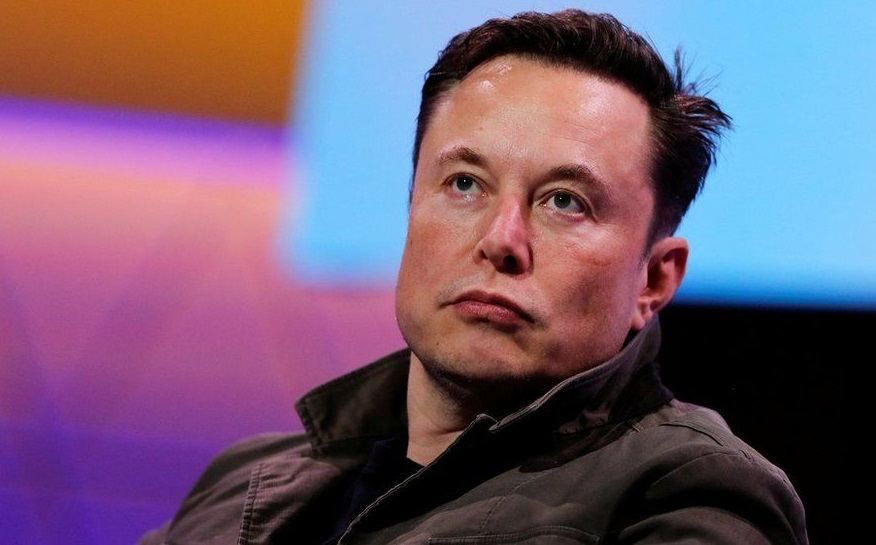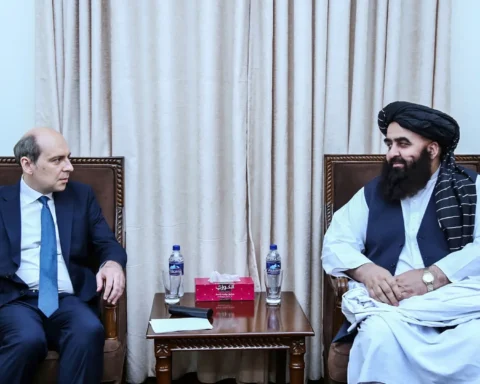Billionaire entrepreneur Elon Musk has waded into a growing debate over whether the United States should reconsider its role in major international organizations.
Over the weekend, Musk publicly signaled support for the idea of the U.S. withdrawing from both the United Nations (UN) and the North Atlantic Treaty Organization (NATO), two institutions that have shaped global diplomacy and security for decades.
His stance came in response to an online discussion about whether the U.S. should distance itself from these organizations. Musk’s brief but firm reply—”I agree”—quickly gained traction, drawing mixed reactions from political analysts, lawmakers, and the public.
The idea of the U.S. reducing or ending its involvement in the UN and NATO is not new. In recent years, some American politicians, particularly from the Republican Party, have pushed for a reassessment of these memberships. They argue that the U.S. contributes more than its fair share financially while receiving little in return.
One of the strongest voices in this movement is Senator Mike Lee of Utah, who recently introduced legislation proposing a complete withdrawal from the UN. Lee has criticized the organization as inefficient and biased, claiming it often fails to uphold U.S. values despite receiving significant funding from Washington.
“We continue to pour billions into an organization that has, time and again, stood against our interests,” Lee said in a recent statement. “It’s time to put America first.”
President Donald Trump has also been vocal about his dissatisfaction with NATO, frequently calling on European countries to contribute more to the alliance. His administration has hinted at re-evaluating U.S. commitments, a move that has unsettled allies who rely on American military support.
One of the biggest concerns surrounding U.S. involvement in the UN and NATO is the financial cost. The U.S. remains the largest contributor to the UN, funding nearly a third of its budget. Critics argue that this investment has not translated into meaningful influence, while supporters of the UN believe the funding is essential for global stability and humanitarian efforts.
Also Read; Russia Strikes Ukraine’s Power Plant
Amid Winter
NATO, meanwhile, has been a cornerstone of U.S. foreign policy since its creation in 1949. While the U.S. benefits from the alliance’s collective defense agreements, some lawmakers argue that other member nations do not contribute enough, leaving Washington to bear an unfair financial and military burden.
If the U.S. were to leave the UN and NATO, the effects would be felt worldwide. A withdrawal from the UN could weaken international cooperation on key issues such as security, human rights, and climate change. Exiting NATO, on the other hand, could disrupt long-standing defense strategies and raise concerns among U.S. allies, particularly in Europe.
Some experts warn that such a move would embolden rivals and adversaries, reducing America’s influence on the world stage. Others believe it would free up resources for domestic priorities and reduce unnecessary entanglements in global affairs.
Musk’s comments have reignited the debate over America’s role in the world. While some view his stance as a reflection of growing frustration with international institutions, others argue that stepping away from global partnerships could do more harm than good.
As discussions continue in Washington, the question remains: Should the U.S. rethink its global commitments, or does its leadership in organizations like the UN and NATO remain vital for both national and international stability?






